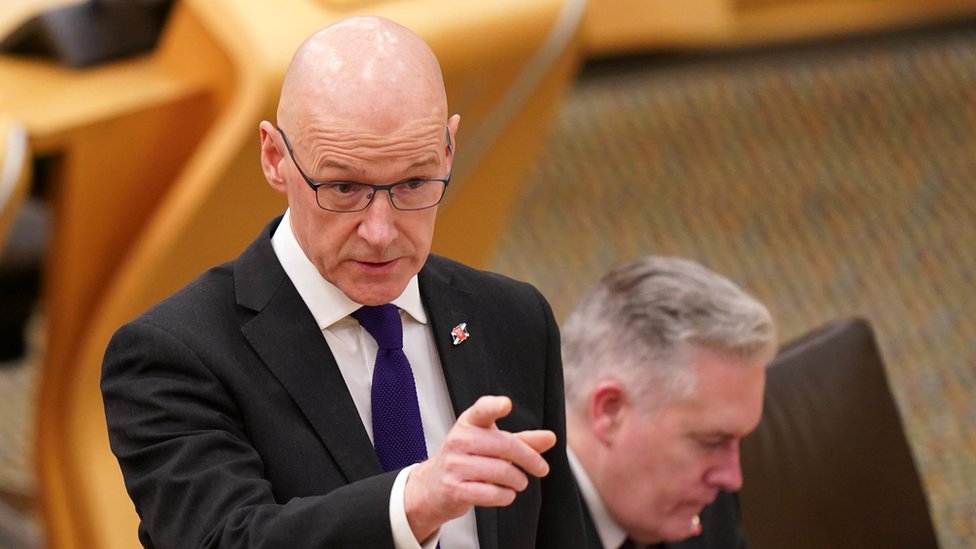Scotland is bracing for another round of austerity measures as the nation’s fiscal deficit is projected to widen significantly. This troubling financial outlook has prompted urgent discussions among government officials about the need for deeper spending cuts and potential tax increases, as they seek to stabilize the country’s economy and public finances.
The latest economic forecasts indicate that Scotland’s budget deficit, already a concern for policymakers, is set to grow even larger in the coming years. The widening gap between revenue and expenditure is attributed to several factors, including slower-than-expected economic growth, increased public spending, and the ongoing impact of global economic uncertainties. As a result, the Scottish government is faced with the difficult task of balancing the books while trying to protect essential services and support vulnerable communities.
One of the key drivers of the growing deficit is the slowdown in economic growth, which has led to lower tax revenues than anticipated. Despite efforts to boost economic activity through investment in infrastructure and innovation, Scotland’s economy has struggled to keep pace with projections. The effects of Brexit, global supply chain disruptions, and inflationary pressures have all contributed to this sluggish performance, making it harder for the government to meet its financial targets.
In response to the looming deficit, the Scottish government is reportedly considering a range of austerity measures, including further cuts to public services. These cuts are likely to affect sectors such as healthcare, education, and local government, which are already under strain. Public sector workers, who have faced years of pay freezes and job insecurity, may also be impacted, as the government looks for ways to reduce expenditure.
Finance Secretary Kate Forbes has acknowledged the gravity of the situation, stating that tough decisions will need to be made to ensure Scotland’s financial sustainability. Forbes emphasized the importance of prioritizing spending on essential services and protecting the most vulnerable, but she also warned that the scale of the deficit could necessitate broader cuts across various departments.
In addition to spending cuts, the government is exploring the possibility of raising taxes to help bridge the fiscal gap. This could include increases in income tax, property taxes, or other levies. However, such measures are likely to be controversial, as they would place additional financial burdens on households and businesses already struggling with the rising cost of living. The prospect of tax hikes has sparked concerns among business leaders, who argue that higher taxes could stifle economic growth and deter investment in Scotland.
Opposition parties have been quick to criticize the government’s handling of the economy, accusing ministers of failing to adequately prepare for the challenges now facing the country. They have called for a more strategic approach to economic management, including targeted investment in key industries and initiatives to boost productivity and innovation. There is also growing pressure for the Scottish government to seek additional financial support from the UK government, though such a move could further complicate the already fraught relationship between Edinburgh and Westminster.
As the government weighs its options, there is widespread anxiety among the public about the potential impact of further austerity. Many fear that deeper cuts could exacerbate existing inequalities and undermine the quality of essential services. There are also concerns about the social and political ramifications of austerity, particularly in light of ongoing debates about Scotland’s future constitutional status.
With the deficit likely to widen, the Scottish government faces a daunting challenge in navigating the path ahead. The decisions made in the coming months will have profound implications for the country’s economic stability and the well-being of its citizens. As Scotland confronts this financial crisis, the need for careful, balanced, and forward-thinking policy-making has never been more critical.


